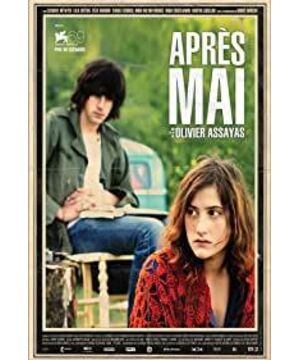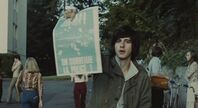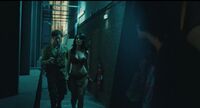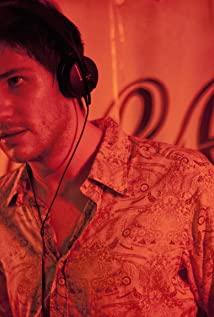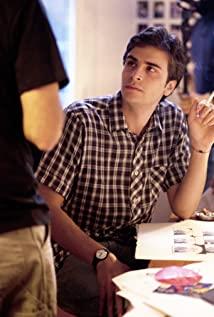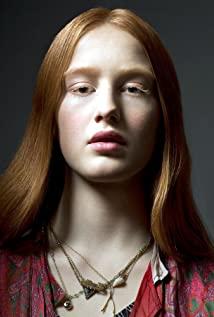Therefore, 40 years ago when the suns at 8 or 9 o'clock in our country passed "Audition" and Momo's pick-up girl Kouzai, the sun at 8 or 9 o'clock in France, represented by Maggie Cheung's ex-husband Olivier, was talking about Mao Xuan. Quotations, Ho Chi Minh Thought and Gregory Curso's poetry, with graffiti bottles, brochures and Molotov cocktails, run towards the same theme of "combining work and rest". The opening scene of the movie "After May" was set in 1971, three years after the May Revolution. The students who were dispersed by the anti-riot police rushed to the residential building to hide in exhaustion. Among them, there were destined to be many pairs of "revolutionary couples" who were in common distress. ". When kissing your lover, don't leave the gun.
Everything is very similar to Bertolucci's "Dream of Paris" in which he directly attacked the May Revolution. Even though the protests are far less powerful than the 200,000 people who stormed the streets of Paris three years ago, Olivier, who is a young scholar, Still willing to tell their own revolutionary history, love history and film history. Behind the street, after graffiti, there is still love and movies.
Godard, the most radical pioneer of the film revolutionaries, once taught his followers: "All you need to make a film is a woman and a gun, but you also need someone to pay for a woman and a gun." The protagonist of the autobiographical development, Gilles, found a woman and a gun (molotov cocktail). During the night attack on the school, this group of young people who were aggressive but also wanted to control the scale hit the doorman, so they ran away during the summer vacation.
Different from a brother and a sister who only have revolutionary impulses in their minds, Gilles, who is preparing to study decorative arts, has more distracting hobbies. There are both Simon Rice's "Chairman Mao's New Clothes" and Gregory Cole. Soo’s Beat poetry; not only insisting on going to the cinema to watch documentaries showing the struggle against imperialism in the Third World, but also immersing himself in ancient Roman architecture to travel through his thoughts. The full light of summer is the most suitable for sculpting the beauty of teenagers. In the backlit woods, Gilles and his second-generation rich girlfriend Laura, who doesn't eat human fireworks, are mournful and lingering. They make love, paint, critique, and Laura has the most trendsetting artistic taste, destined to be the party queen of London and Greenwich Village, New York. In the summer vacation with such a woman and no more fierce confrontation, when kissing a lover, it is finally possible to put down the gun.
The age is growing, the class is dividing, and Laura, who is rich and beautiful, is destined to part ways with Gilles in the future. Cristina, a revolutionary comrade-in-arms on the trip, entered life in a timely manner. She did not have the wealth and talent of Laura, but she had a strong impulse towards revolutionary documentaries. She hits the road with Gilles, takes part in a left-wing documentary film festival in Florence, and kisses herself in Jorge Sanjines' Mexican documentary, but disagrees about the style of making revolutionary documentaries. Giller despised straight films without artistic considerations, and Laura was easily taken away by the mysterious oriental world, such as a fellow in India spirituality (the most fashionable spiritual journey of the era). Lovers with independent ideas have always been difficult to truly be together, and it has been the same since ancient times. And those classmates who insisted on the ideal of radical revolution, friends who failed to win over Gilles, blew up a car, and after commemorating in real history, they became the French left-wing terrorist organization "direct action".
Assayas does not trust memory, because memory will always beautify and distort the truth. Therefore, he will not take this new film, which is full of personal film nostalgia and background of the era, as an "autobiographical film", "I am more I tend to regard youth as the source of inspiration for stories."
Just like the encounter in the halo afternoon woods, the youth in the middle is also as shown in the English title of the movie, Something in the air, the air is full of beautiful things, they It's Syd Barrett's psychedelic song "TERRAPIN", it's a beat poem, it's the hormones behind the slogan of the nihilistic revolution, and it's an indescribable aesthetic breath.
In Laura's suburban mansion, there was a lively candlelight party. In Nick Drake's psychedelic music, the candlelight danced with the whirling tree shadows, and the camera of Assayas also shook. No more, the beautiful body is agitated, drunk without wine, it is called youth.
View more about Something in the Air reviews


